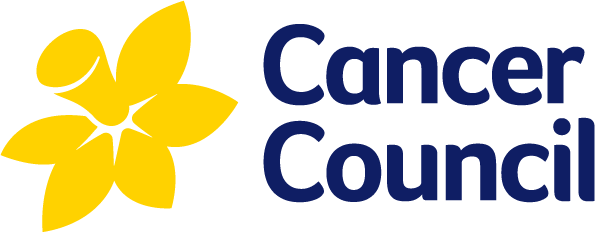We work with


This blog is your resource for understanding breast health, addressing common concerns, and staying informed about the latest research in breast care.

Welcome to our first Breast Health Blog!
I’m hoping to empower you with the knowledge and tools to take charge of your breast health. This blog
is your resource for understanding breast health, addressing common concerns, and staying informed
about the latest research in breast care.
Every fortnight, we’ll explore practical tips for prevention, early detection, and maintaining good breast
health throughout life. From new developments in breast cancer treatments to reconstructive options
and lifestyle habits, this space is for you and your breasties!
Let’s embark on this journey together and dive into our first topic: Breast cancer among young women!
Breast cancer in younger women is increasingly common. While it remains less prevalent than in older
age groups, the annual increase in cases among women under 40 cannot be ignored. This is a
demographic that often doesn’t fit the traditional risk profile for breast cancer, yet they face aggressive
tumor types and unique challenges related to fertility and long-term health after treatment.
Several factors may contribute to this trend. Genetics plays a significant role, particularly for women
with mutations in genes like BRCA1 and BRCA2. Lifestyle and environmental exposures, including diet,
alcohol, and potential endocrine-disrupting chemicals, are also under investigation. Moreover, the age
at first childbirth—a known protective factor—has steadily risen, which may increase breast cancer risk
due to prolonged estrogen exposure.
Despite these known factors, we are still uncovering the full picture.
Every patient has a story, and some of them stay with you long after the patient leaves our consulting
rooms. I remember a young mother I treated not long ago. She had just started to find her balance
between an inspiring career and raising her toddler when she was diagnosed with breast cancer. And
she needed chemotherapy. Juggling parenthood is not easy but adding chemotherapy and breast cancer
can be extremely challenging. Watching her determination to push forward, despite everything, was
both humbling and heartbreaking and reinforced the lessons of resilience and perseverance.
Another patient, also in her 30s, came to me with a different yet equally complex challenge. She wanted
to become a mother but was diagnosed with breast cancer before she had the chance to start her
family. Because chemotherapy can significantly reduce fertility, we had to address fertility preservation
before beginning her treatment. The emotional weight of making such decisions,
while simultaneously grappling with a life-threatening illness, was immense.
These are just two stories among many, but they highlight the unique and often underappreciated
difficulties of being young with breast cancer.
For younger women, a breast cancer diagnosis often collides with pivotal life moments—building careers,
starting families, or raising children.
Addressing the rise of breast cancer in younger women requires more than clinical care; it demands
community engagement, advocacy, and continued research.
With increased awareness and continued investments in research into the causes behind this growing
trend, I am hopeful that we can shift the paradigm and achieve better outcomes for young breast cancer
patients. So remember to spread the word that early detection saves lives and tap into support services
such as So Brave, McGrath Foundation, National Breast Cancer Foundation whenever needed.
We work with


Disclaimer
Doctors.com.au does not warrant or hold any responsibility for this fact sheet. Fact sheets are provided to doctors.com.au from relevant third party partners and companies.
Doctors.com.au will not be held responsible or liable for any errors or omissions that may be found in any of the information on this fact sheet, and you are encouraged to consult other sources to confirm the information, and in the event that medical treatment is required, to take professional expert advice from a legally qualified and appropriately experienced medical practitioner.
 Need a doctor now? Speak to a GP in minutes via phone or video consult.
Need a doctor now? Speak to a GP in minutes via phone or video consult.